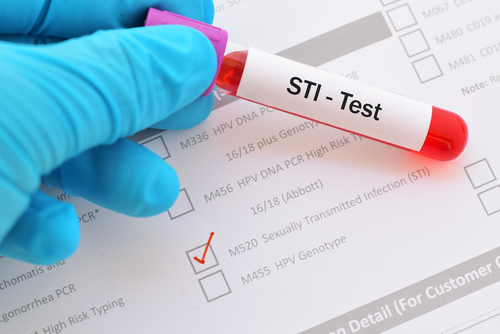By Nyasha Kunyiswa kunyiswan@dailynews.co.zw
A SHOCKING surge in sexually transmitted infections (STIs) in Mashonaland East has prompted the National Aids Council (Nac) to launch a crisis door-to-door HIV/Aids awareness campaign there.
Nac district Aids coordinator for Goromonzi, Graham Mafoko, warned in an interview with the Daily News yesterday that the alarming rise in STIs risked resulting in an explosion in new HIV infections in the region.
“We are seeing a staggering number of STIs cases fuelled by the proliferation of mines, farms and sex workers. “The hotspots of this crisis include areas like Mverechena and Chamwido. “So, we are targeting those and other areas in our door-to-door HIV/Aids awareness campaigns,” the concerned Mafoko said.
“Since we started recording this surge in STIs, we have not only identified hotspots, but also put in place workplace peer mentors who are implementing HIV programmes among farm and mine workers,” he added.
All this also comes as an estimated 188 254 people are living with HIV in Mashonaland East — with 137 554 of them on anti-retroviral therapy.
The province has an HIV prevalence rate of 14,1 percent. Mafoko said they had also since implemented another programme focusing on adolescent girls and women.
“The programme covers 18 wards on HIV prevention programmes, partnering with the Ministry of Health on HIV testing, STIs screening and HIV prevention methods,” he added. Mafoko also revealed that they had opted for the door-to-door campaigns to avoid disrupting people working on farms.
“We are offering these door-to-door HIV services in an effort to end new infections. “As we move around the communities, we do not want to disturb them from their normal activities as this would be counter-productive.
“In terms of the population size, Goromonzi District has the highest number of people in Mashonaland East, and in terms of HIV prevalence we are third after Hwedza and Mudzi,” Mafoko said further. One of the mentors working on the ground in the area, Shantle Cherekedzai, said they were training young girls on HIV prevention methods.
“As a sister-to-sister mentor, our aim is to end new HIV infections. “So, we are going around the community training young girls about HIV prevention methods.
“Our work has been affected by religious beliefs, as some people still lack knowledge about access to healthcare services. “We are also working with men to promote HIV testing among them,” Cherekedzai added.



